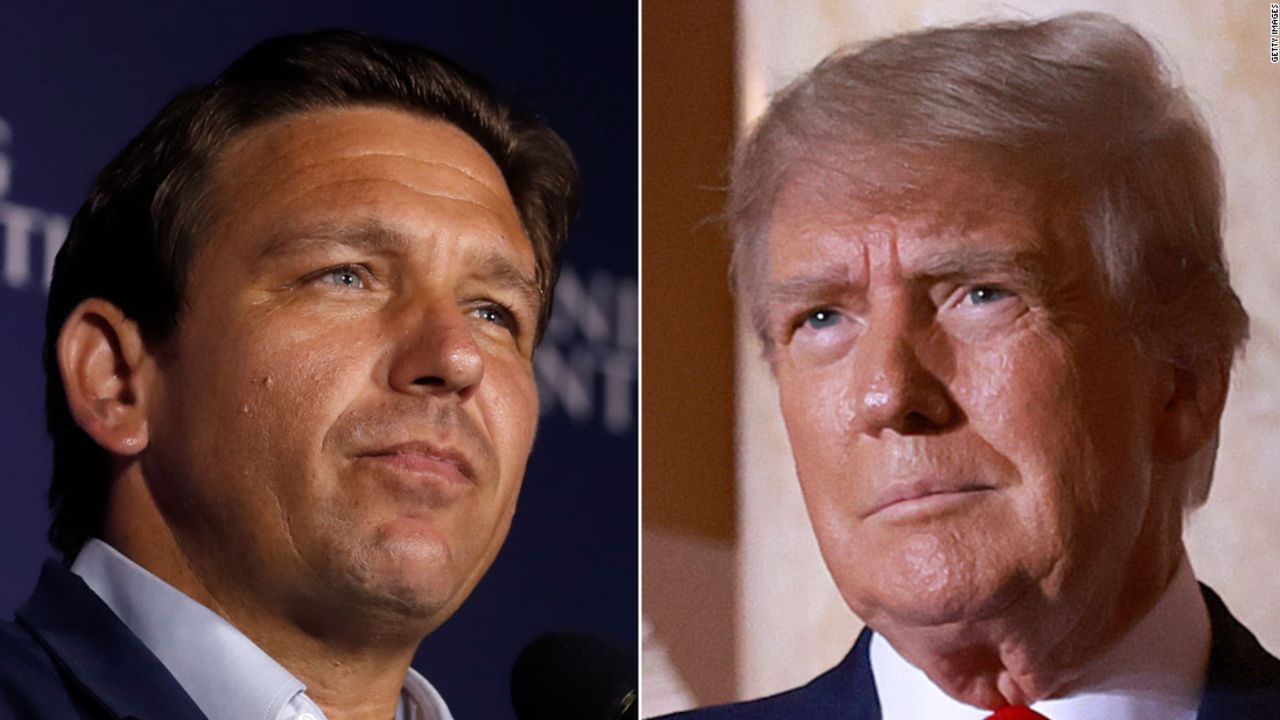Polls show the 2024 Republican primary is a contest between former President Donald Trump, Florida Gov. Ron DeSantis and everybody else. The “everybody else” group includes candidates such as former UN Ambassador Nikki Haley, who look like they’re itching to get into the race despite only polling in the single digits.
But if Trump and DeSantis are the front-runners, what is the chance one of these single-digits candidates (e.g., Haley or former Vice President Mike Pence) can actually win the nomination?
It’s not nothing, but the odds clearly favor either Trump or DeSantis becoming the 2024 GOP nominee.
Trump (polling in the low 40s) and DeSantis (in the low 30s) are each above 30% nationally on average, while no other candidate reaches double digits.
Historically, only a few candidates have polled above 35%, on average, in early polling (i.e., January to June in the year before the primary) in the modern primary era (i.e., since 1972). Most of them have gone on to win the nomination.
The two who didn’t are familiar to most political junkies: Democrats Ted Kennedy in 1980 and Hillary Clinton in 2008. The other six (not counting mostly unopposed incumbents) each ended up as their party’s nominee, meaning that 75% of candidates who were at 35% or above in early polling went on to win their primary.
In fact, 40% of the eventual nominees in competitive primaries since 1972 were polling in the 20% to 35% range – a recent example is now-President Joe Biden back in 2019.
Hope for ‘everybody else’
Now, does this mean that anybody in this “everybody else” group (i.e., those polling in the single digits) is doomed from the start? Not exactly.
For one thing, history doesn’t necessarily tell us what is going to happen in the future.
Moreover, there have been single-digit candidates in the early polling who ended up winning the nomination. Trump was one of them. Remember, he struggled to reach 5% in early 2015 before gaining a national polling lead that he rarely relinquished over the rest of the primary season.
Trump wasn’t the only candidate polling in the single digits early on to later win his party’s nod. George McGovern in 1972, Carter in 1976, Michael Dukakis in 1988 and Bill Clinton in 1992 all barely registered in the national polls in the January to June period before the primaries began.









